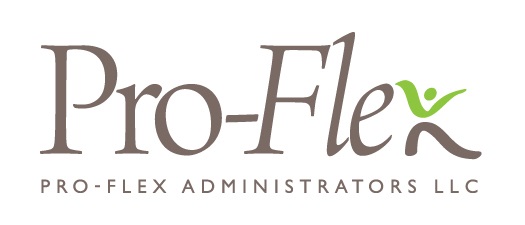Healthcare during retirement seems far away for many of us, including me. Retirement planning usually means daydreaming about where you’ll live—Florida or a cabin in the woods, anyone? But data shows that the healthcare expenses we’ll have in 10, 20, or even 40 years shouldn’t be pushed to the backburner.
Medicare helps pay for the healthcare needs of 59 million people, but most recipients still spend thousands each year on out-of-pocket expenses. The average 65-year-old couple retiring today will need $285,000 to cover healthcare and medical costs in retirement, but according to Census Bureau data, the typical household that earns less than $67,200 a year has no retirement savings. And by 2030, out-of-pocket healthcare costs for Medicare beneficiaries are estimated to take up half of their average social security income—to say nothing of daily living or leisure expenses. That’s a huge figure for a program originally designed to pay for all health costs in retirement.
These stats might not mean a lot on paper—but when you’re facing the expenses unprepared, they’re staggering. The good news? There’s an easy solution right in front of us: the health savings account (HSA). In fact, the HSA is superior to a 401(k) when it comes to saving for retirement. HSAs have all the same advantages of a 401(k)—and more. Just like with a 401(k), you can contribute to an HSA until Medicare coverage starts. But while you’ll be taxed and penalized if you withdraw funds from your 401(k) for any reason before age 59.5, you can withdraw funds for qualified health expenses from your HSA at any time, and without penalty. Funds are available now, not just later; the HSA transfers from job to job; and there are no minimum distribution requirements.
Considerations for Comparison |
401(k) |
Health Savings Account (HSA) |
| Contributions free from Medicare and Social Security taxes? |
No |
Yes |
| Tax-free distribution for medical expenses? |
No |
Yes |
| Tax-free payment of Medicare Premiums in Retirement? |
No |
Yes |
| May receive employer contribution? |
Yes |
Yes |
| Contributions free from state and federal taxes? |
Yes |
Yes |
| Ability to invest your funds? |
Yes |
Yes |
| Tax-free earnings? |
Yes |
Yes |
| Portable? (Account belongs to you, not to your employer) |
Yes, but you must rollover account to new custodian to avoid 20% income tax and possible early withdrawal penalty |
Yes |
| Pay penalties or taxes for withdrawing funds before age 59.5? |
Yes |
No, if funds are used to cover eligible medical expenses |
| Required to take minimum distributions at age 70.5? | Yes |
No |
Everyone agrees that having your health is the most important thing, but no one wants to pay for healthcare, much less save for it. Let’s face it: Saving for a retirement home on the beach is a lot more fun than saving for healthcare costs. But saving for healthcare costs now isn’t nearly as difficult as trying to pay for it without savings later.
The fact is that you do have some control over your lifestyle in retirement, but you can’t predict what your healthcare expenses are going to be. Even the most frugal among us aren’t planning to adjust their lifestyle to satisfy their healthcare costs. Don’t ditch your 401(k) entirely but do start investing in an HSA. Someday when you have funds for leisure activities and medications, you’ll be glad you did.






